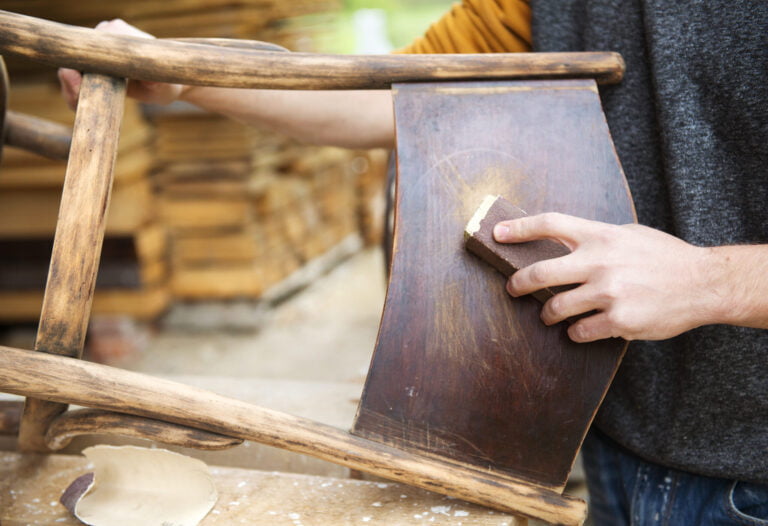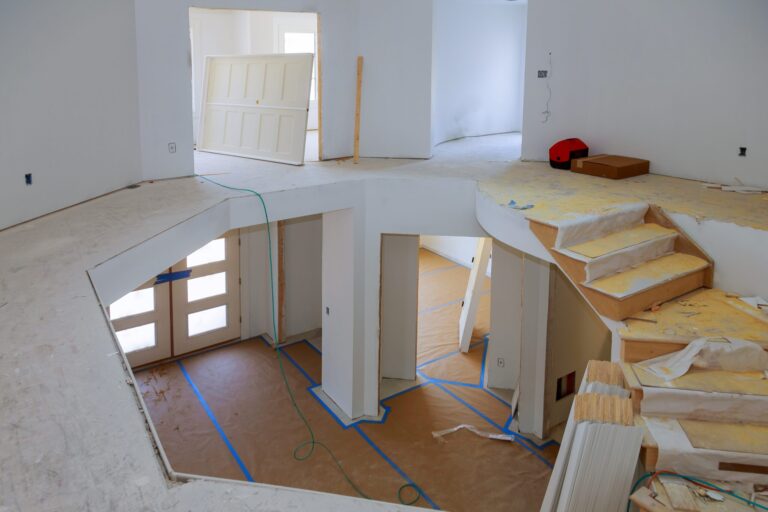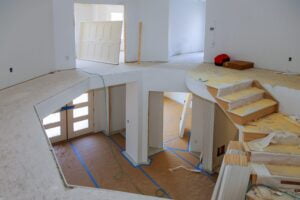Musical theater has been a staple in the West End for over a century. From early operettas to today’s hit musicals, the West End has seen it all. Keep reading to learn more about the history of musical theater in the West End.
The early days of the West End
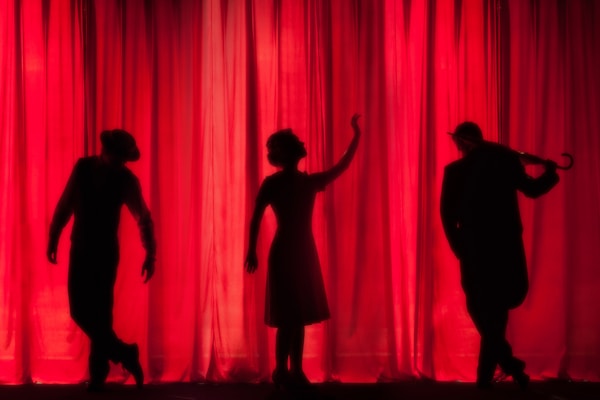
The history of musical theater in the West End can be traced back to the 1800s, when various forms of musical theater emerged. These early forms of the musical theater were often comedic and featured light-hearted, nonsensical plots. The music was generally simple and catchy, and the performances were often highly energetic and lively. The pantomime was one of the earliest forms of musical theater in the West End. Pantomime is a theatrical performance that combines spoken dialogue, mime, and music into a single show. It typically features a story that is told through a series of pantomime scenes, with each scene being accompanied by a song or instrumental number. The first pantomime performance occurred in London in 1820 and quickly became popular among audiences.
Other early forms of musical theater in the West End include operetta and variety shows. Operetta is a light opera that originated in Austria in the mid-1800s. It typically features humorous stories with catchy melodies and often contains satirical elements targeting political or social issues. Variety shows are performances that feature different types of entertainment, including singing, dancing, comedy sketches, and magic tricks. They emerged in England during the late 1800s as an alternative to traditional stage plays.
The West End is one of London’s two main commercial theatre districts and the Theatre District in the City of Westminster. It’s home to some of the largest theatres in the world, and many famous actors, playwrights, and directors have worked in its theatres. The first theatre in the West End was the Theatre Royal, Drury Lane, which still stands today. The first West End musical was The Beggar’s Opera, which premiered at the Lincoln’s Inn Fields Theatre in 1728. Many famous playwrights and composers have written for the West End stage, including William Shakespeare, Oscar Hammerstein II, and Andrew Lloyd Webber. Some of the most popular musicals ever written have also had their premieres in London’s West End, including My Fair Lady, Les Misérables, and The Phantom of the Opera.
The Emergence of New Forms of Musical Theater
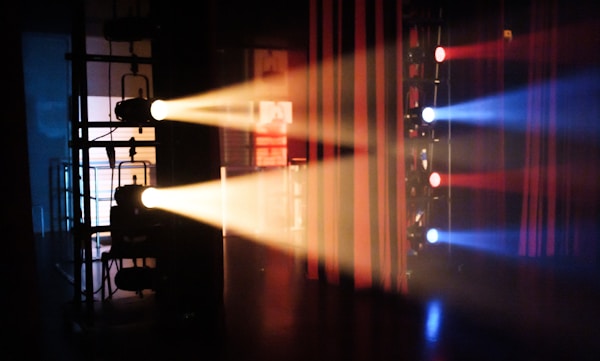
Since the early 2000s, a noticeable trend of new forms of musical theater has emerged in the West End. Shows like “The Book of Mormon,” “Hamilton,” and “Wicked” have broken the mold of traditional musical theater and have instead embraced a more contemporary and innovative style. One of the reasons for this shift may be the increased popularity of musicals on Broadway. Shows originating on Broadway migrated to the West End, so the theater scene in London has become more and more oriented toward musical theater.
Additionally, the rise of new technologies has allowed for more creative and innovative staging techniques. For example, projection mapping in “The Book of Mormon” created a visually stunning and unique experience for the audience. Ultimately, the emergence of new forms of musical theater in the West End is a testament to the growing popularity of musical theater as a genre. Shows like “The Book of Mormon” and “Hamilton” are breaking boundaries and redefining what musical theater can be. As a result, the West End is becoming an increasingly popular destination for theater fans worldwide.
The importance of musical theater in the West End cannot be overemphasized. The medium has a long and storied history in London and has been responsible for some of the most iconic and groundbreaking theatrical performances of all time.


